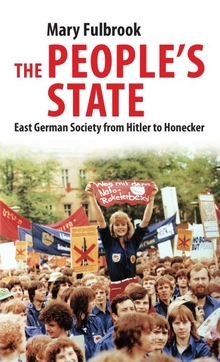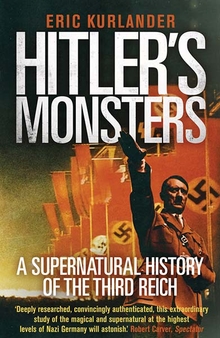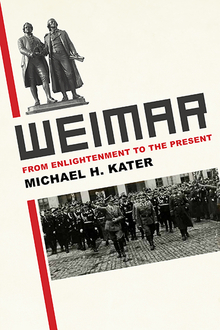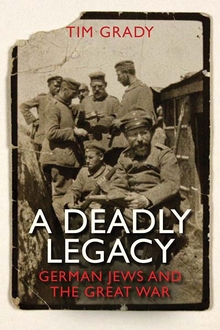The People's State
WARNING
You are viewing an older version of the Yalebooks website. Please visit out new website with more updated information and a better user experience: https://www.yalebooks.com
East German Society from Hitler to Honecker
Mary Fulbrook
An insight into the experience of life within the East German dictatorship
What was life really like for East Germans, effectively imprisoned behind the Iron Curtain? The headline stories of Cold War spies and surveillance by the secret police, of political repression and corruption, do not tell the whole story. After the unification of Germany in 1990 many East Germans remembered their lives as interesting, varied, and full of educational, career, and leisure opportunities: in many ways “perfectly ordinary lives.”
Using the rich resources of the newly-opened GDR archives, Mary Fulbrook investigates these conflicting narratives. She explores the transformation of East German society from the ruins of Hitler’s Third Reich to a modernizing industrial state. She examines changing conceptions of normality within an authoritarian political system, and provides extraordinary insights into the ways in which individuals perceived their rights and actively sought to shape their own lives.
Replacing the simplistic black-and-white concept of “totalitarianism” by the notion of a “participatory dictatorship,” this book seeks to reinstate the East German people as actors in their own history.
MARY FULBROOK is professor of German history at University College London. Among her books is the best-selling A Concise History of Germany.
"[Fulbrook] is a meticulous scholar who blows away the monochromatic image of a society where some still yearn for the certainty of 'those closed years of 1961-1989'"---Camden New Journal
'...a fresh, flowing, thoughtful account...an immensely readable book...a humane history... Above all, this empathetic account puts East Germans back into their own history. As such, it will surely act not only as a standard work on GDR society, but also as a model for the emerging social history of post-war Europe.' - Josie McLellan, Reviews in History / History in Focus
Publication Date: December 2, 2008
12 b/w illus.








